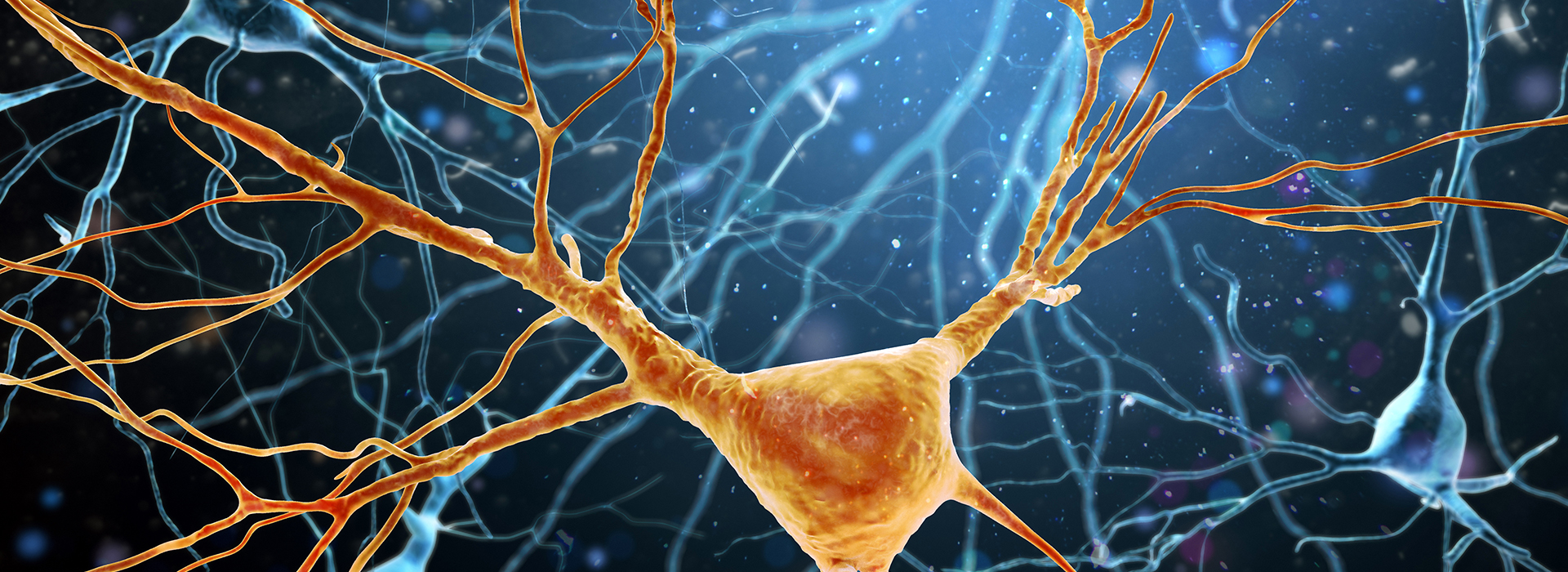Give our neurons a break!
Using technology to boost cognitive performance at work is fine – but not at any price. And, above all, not before taking the time to assess the added-value or limits of the human brain in a world saturated with information.
In a short article on attention in the January 23, 2020 edition of the weekly Le Point, the magazine’s Hong Kong correspondent reported on an experiment using an electroencephalography tool (a headband tracking brain waves) that was supposed to inform teachers of the level of concentration of their students. The experiment was halted because of concerns voiced on social media. But do we really need to attach electrodes to our brains to be efficient at work?
Probably not, if we take a look at recent research1 which has identified clearly the main cause of intellectual exhaustion on a cognitive control level. In essence, the more someone has to control what they do, the more tiring they find it! This is why, before attempting to electronically boost our brains, it would seem more reasonable to try to facilitate work by limiting the overall quantity of information provided (individual and group) and thus the effort required to keep on top of it and sort it in each task we are given. The aim is not to limit us to performing simple or repetitive tasks that are less demanding cognitively, but to take time to organize the complex phases of our work into short and well-managed sequences that are enjoyable to carry out. This is the basic principle behind mental ecology: not wasting cognitive resources so as not to risk running short of them when we need to innovate or step out of our comfort zone.
Contribution from Gael Allain, Doctor in Cognitive Psychology, co-founder of My Mental Energy Pro.
Source: “Neural effects of mental fatigue caused by continuous attention load: A magnetoencephalography study” by Masaaki Tanaka et al. (Brain Research, vol.1561)
© Copyright Business Digest - All rights reserved




